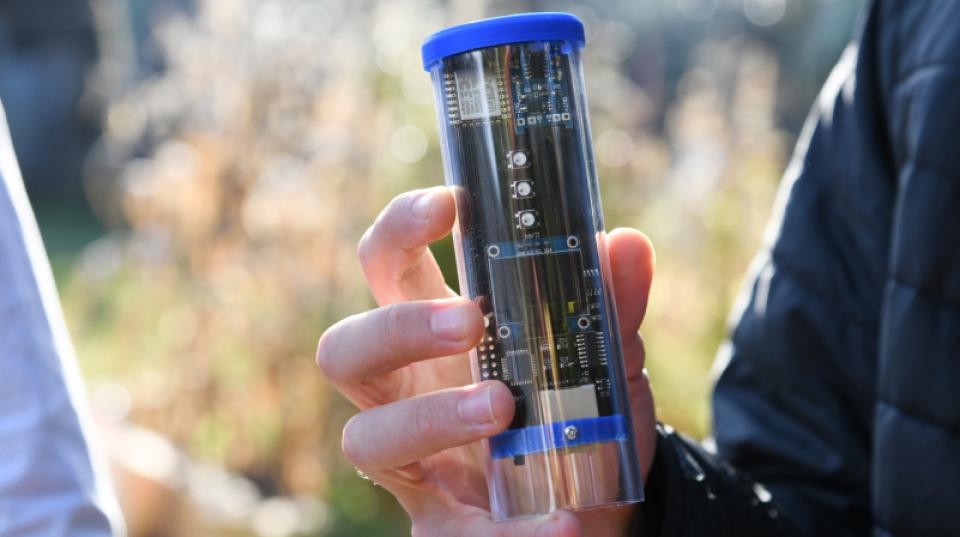Overview
The project developed remote sensing techniques to estimate spatial and temporal distribution of rainfall and evapotranspiration; a surface water and groundwater interaction model for the Rechna Doab to address problems of sustainable groundwater and surface water use; and an econometric model for more equitable, economically efficient distribution of water resources.
The project developed a regional groundwater and solute transport model of Rechna Doab in the Punjab for the Punjab Irrigation Department. The Rechna Doab study model was developed in monthly time steps so the Punjab Irrigation Department can better understand the temporal and spatial surface water and groundwater dynamics. It is better than previous models that were based on seasonal time steps covering Kharif and Rabi seasons.
The project also undertook a socio-economic study for Lower Chenab Canal East command. The results of the water user scenario analyses, resulting from econometric and hydrological modelling, will help the Punjab Irrigation Department and Farmer Organisations to implement more equitable, economically efficient and improved water quality options in the study areas.
The Small Research Activity documented the models, ran additional focussed scenarios, developed capacity and trained researchers in Pakistan, and helped with policy support materials.
Outcomes
The SRA for groundwater modelling, remote sensing and socioeconomics included training sessions and field visits conducted at two occasions in Pakistan in August 2015 and April 2016. One of the objectives of the SRA was to enhance capacity of PID, PIDA, and postgraduate students at UAF, and UAAR in groundwater modelling, remote sensing and econometric modelling.
The SRA activities also included additional focussed scenario runs and providing review for policy support materials. The scenarios undertaken included: increased pumping and drought impacts of various durations. Additionally a simplified TMR (Telescopic Mesh Refinement) model of the Rakh Branch was extracted from the regional Rechna Doab model as a training exercise and for future detailed studies.
Two reports were prepared by PID on awareness raising and capacity building of FO’s and farmers on groundwater management issues for Kamalia Distributary and Khikhi Distributary have been completed and form separate reports.




